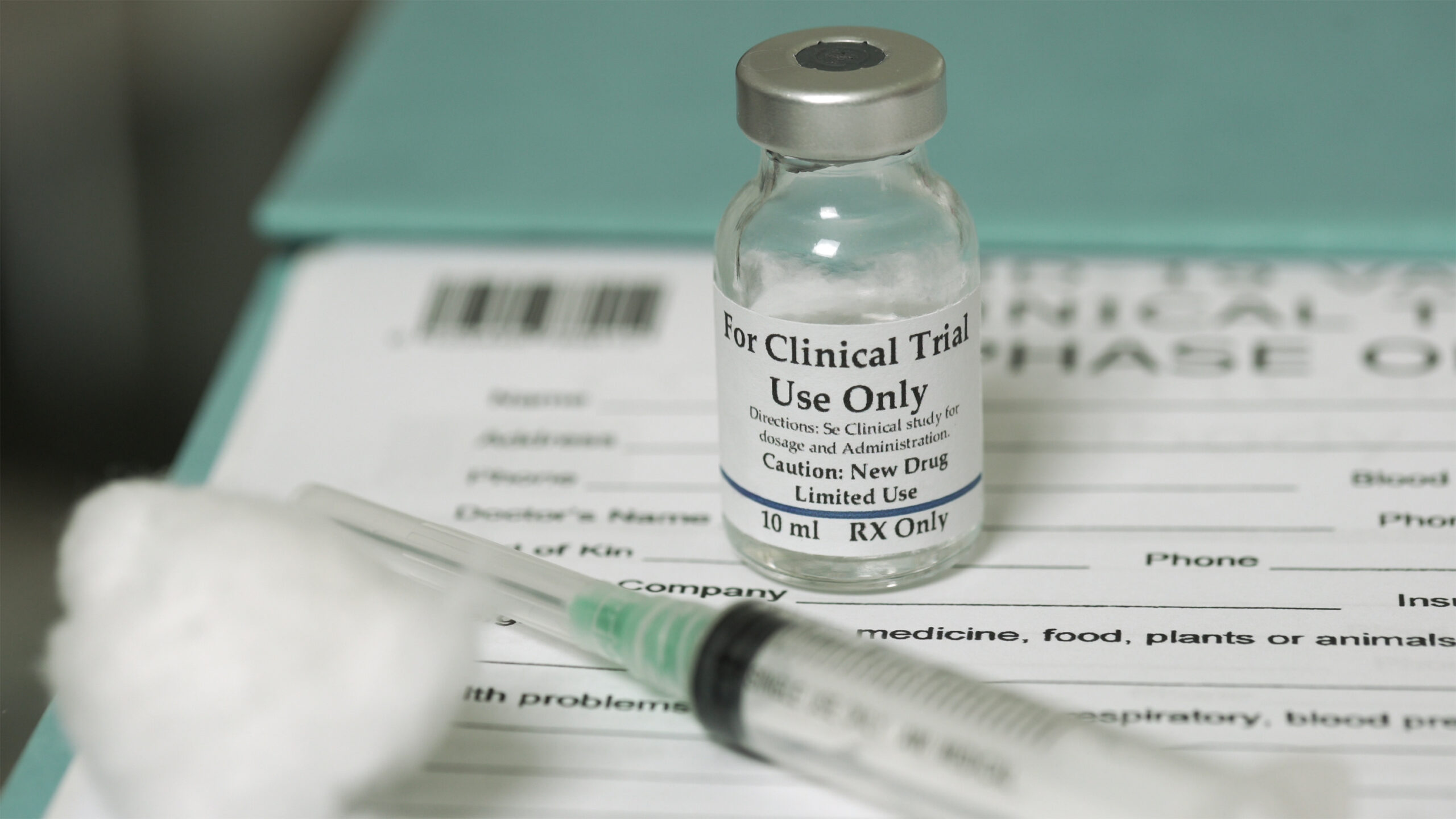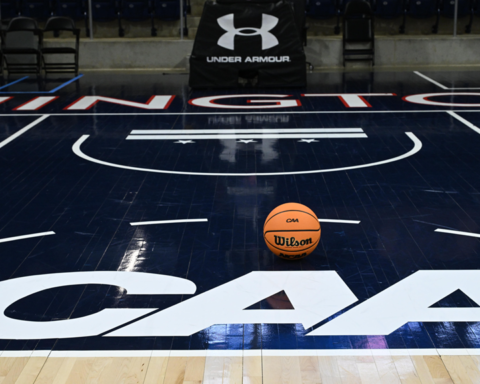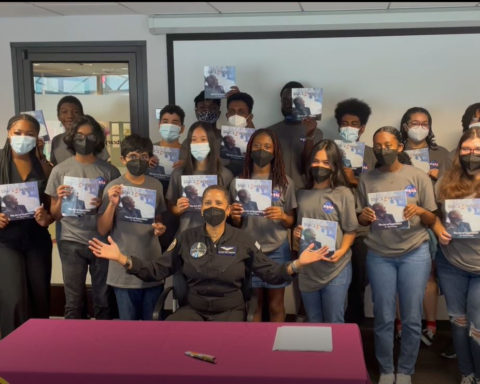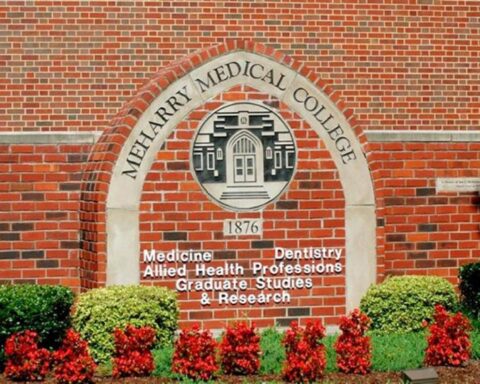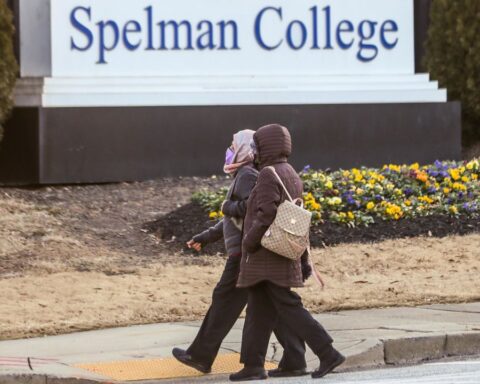The Novavax vaccine continues to go through Phase III of trials, which are being conducted at Nashville’s Meharry Medical College (MMC), one of the four medical HBCUs. Those who are a part of minority populations and who are considered high risk are being given preference for this trial. This vaccine has been shown to protect against the original virus, as well as its accompanying variants and mutations- B.1.1.7 and B.1.351.
You might be wondering why trials are still being conducted when there are already three other vaccines available. The current vaccines that have been approved for emergency distribution, Moderna, Pfizer and Johnson & Johnson, have not been proven to protect against other variants and mutations of the virus.
There’s a lot of information out there, so let’s dispel some of your confusion. It shouldn’t take a doctor or scientist to understand COVID-19 and the vaccines that protect against it.
Firstly, let’s take a look at the beginnings of this virus and where we are now. SARS-CoV-2 is the equivalent verbiage for the original virus that came to be known as COVID-19 or the Coronavirus. To date, the known variants of the original virus are B.1.1.7 and B.1.351, which both have mutations of the original SARS-CoV-2 virus. Variant B.1.1.7. was first detected in Great Britain, and the variant B.1.351 was initially detected in South Africa.
Now let’s break down the vaccines that are currently out there being administered. The vaccines that have been approved for emergency use are Pfizer, Moderna and Johnson & Johnson. These vaccines are only proven to protect against the original COVID-19 virus, that being SARS-CoV-2. Novavax, the vaccine that is currently going through Phase III of trials at Meharry, on the other hand, protects against all variants.
The Pfizer vaccine has 95% efficacy, that is for preventing COVID-19 in those who haven’t already been infected. So far, this vaccine has been shown to potentially protect against the B.1.1.7 variant, which was first detected in the United Kingdom. Research shows this vaccine may be less effective against the B.1.351 variant, first detected in South Africa.
Moderna, the second vaccine to be authorized for emergency use in the U.S., has been proven 94.1% effective in preventing symptomatic infection for those with no prior infection of the virus. Researchers are still determining whether this vaccine protects against either of the variants, B.1.1.7 and B.1.351.
The Johnson & Johnson vaccine was the most recent to receive approval for emergency use, and, unlike the Pfizer and Moderna vaccines, this one only requires a single shot instead of two. This vaccine has slightly lower efficacy rates, 72% overall and 86% against severe disease in the U.S. This vaccine has not been shown to protect against either of the two variants.
What makes the Novavax vaccine different than these three is it is the first to be proven effective against COVID-19 as well as its other variants with 89.3% efficacy for both the original coronavirus and the B.1.1.7 variant and 49% efficacy against the B.1.351 variant.
It’s important to continue developing new versions of the vaccine as the virus changes over time. Meharry’s website stresses that because some vaccines may need special freezers to keep them cold, we need to have as many different types of vaccines as possible and we need more people to participate in trials to test these different vaccines. It is important to continue developing new versions of the vaccine as the virus changes over time.
For more information about the trial, you can contact Dr. Rajbir Singh at (615)327-6820 or visit Meharry’s website.

